Iran’s top diplomat Abbas Araghchi makes a visit to the Syrian capital, Damascus, to meet President Bashar Assad. His visit comes as Syria’s army launched counterattacks to repel insurgents who’ve seized control of Aleppo, and areas in Idlib.
The Syrian army conducted a series of counterattacks on Sunday in the cities of Aleppo and Idlib to push back insurgents who’ve made surprise advances.
Syrian state television claimed government forces had killed nearly 1,000 insurgents over the past three days, without providing evidence or details.
The Syrian Civil Defence, also known as the White Helmets, a group that operates in opposition held areas say Assad’s army launched joint counter-operations with Russian forces in the two cities.
Fighter jets reportedly pounded the area, killing at least 18 people and wounding dozens more. Russia, who’ve long-backed Syria’s Assad in the 13-year war, have not publicly commented on their involvement.
Iran have also been key political and military allies of Assad in the long-running civil war. Foreign minister Araghchi visit to Damascus was meant to reiterate Tehran’s support for Assad.
Iran, Russia, and regional proxies they back helped Assad take control of the city of about two million people back in 2016. A relentless air campaign, led by Russian warplanes, paved the way for Assad’s forces to march in and claim the city.
On Wednesday, a coalition of rebel groups led by Hayat Tahrir al-Sham (HTS) conducted a surprise assault on Syria’s largest city, Aleppo. The attack forced the Syrian armed forces to temporarily retreat, as they awaited reinforcements to strike back.
The insurgents took over most of Aleppo on Saturday in a surprise offensive and have now claimed to have entered the city of Hama. There was no independent confirmation of their claim.
Rebel commander Col. Hassan Abdulghani said separately the insurgents also took control of Sheikh Najjar, northeast of the city, Aleppo’s military academy and the field artillery college to the southwest.
The swift and surprise offensive is a huge embarrassment for Syria’s President Bashar Assad and raises questions about his armed forces’ preparedness. It also comes at a time when Assad’s allies — Iran and groups it backs and Russia — are preoccupied with their own conflicts.
Araghchi is set to visit Türkiye on Monday to meet counterpart Hakan Fidan to discuss the ongoing escalations in Syria.
The surge in violence comes at a time of high political turmoil in the Middle East. Israel is actively fighting Hamas in Gaza and Hezbollah in Lebanon, both which have threatened to ignite wider regional spillovers.
The renewed violence in Syria also risks involving two regional powers into conflict. Both Russia and Türkiye have their own interests to protect, with both sides offering support to opposing groups in the conflict.
A war drawing in either country in direct clashes with one another would bring detrimental consequences to an already unstable political scene.

 1 month ago
14
1 month ago
14

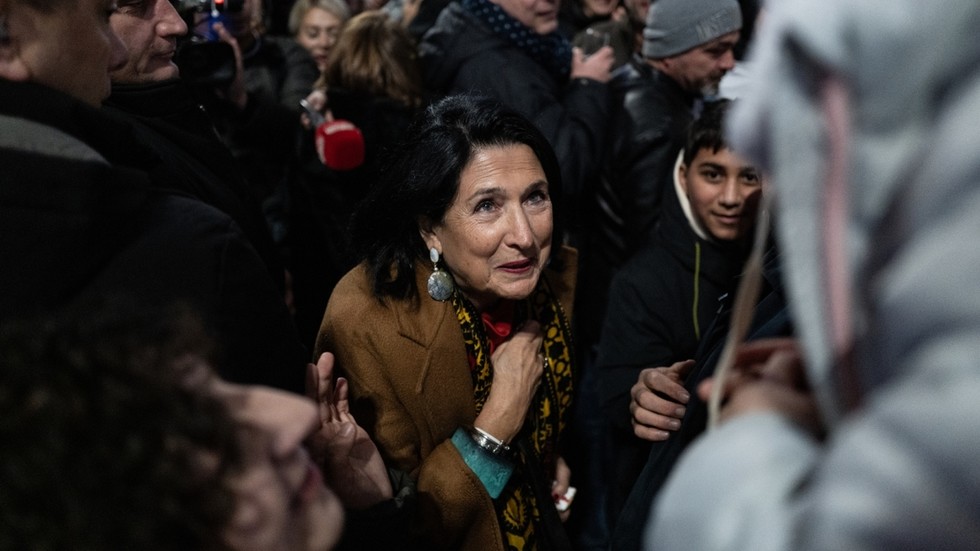
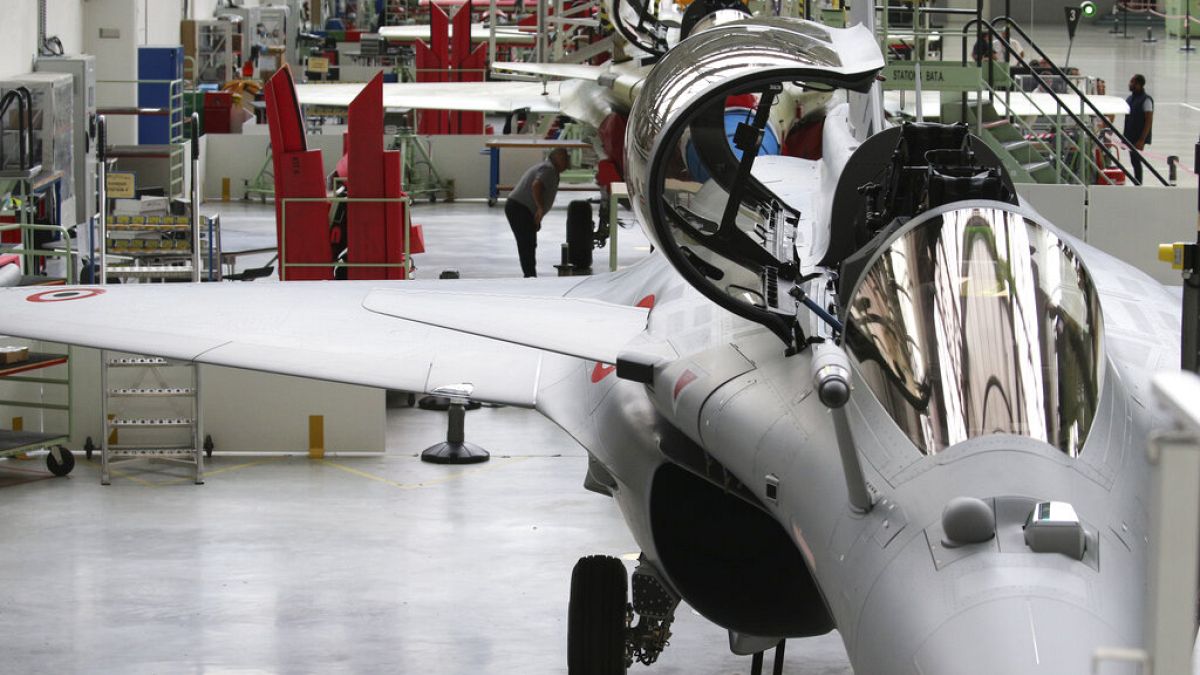
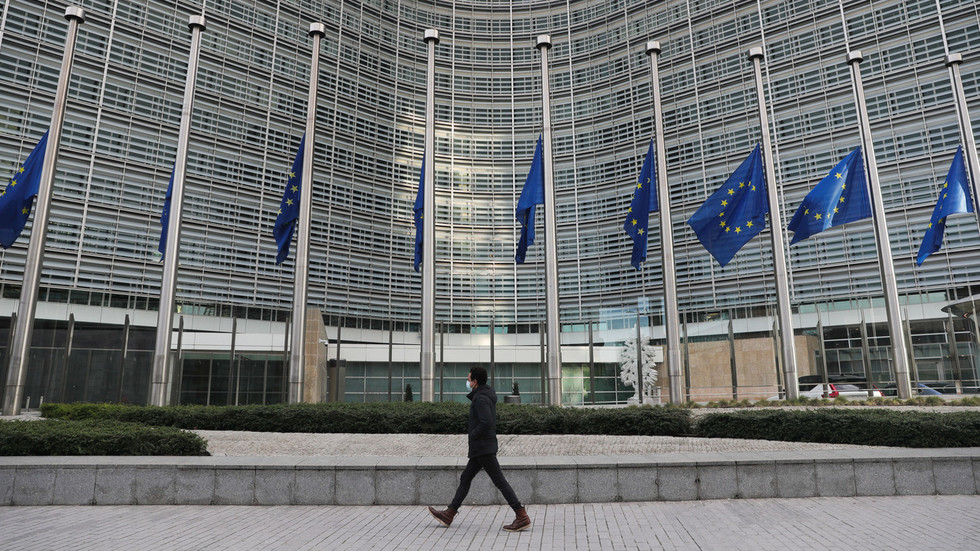
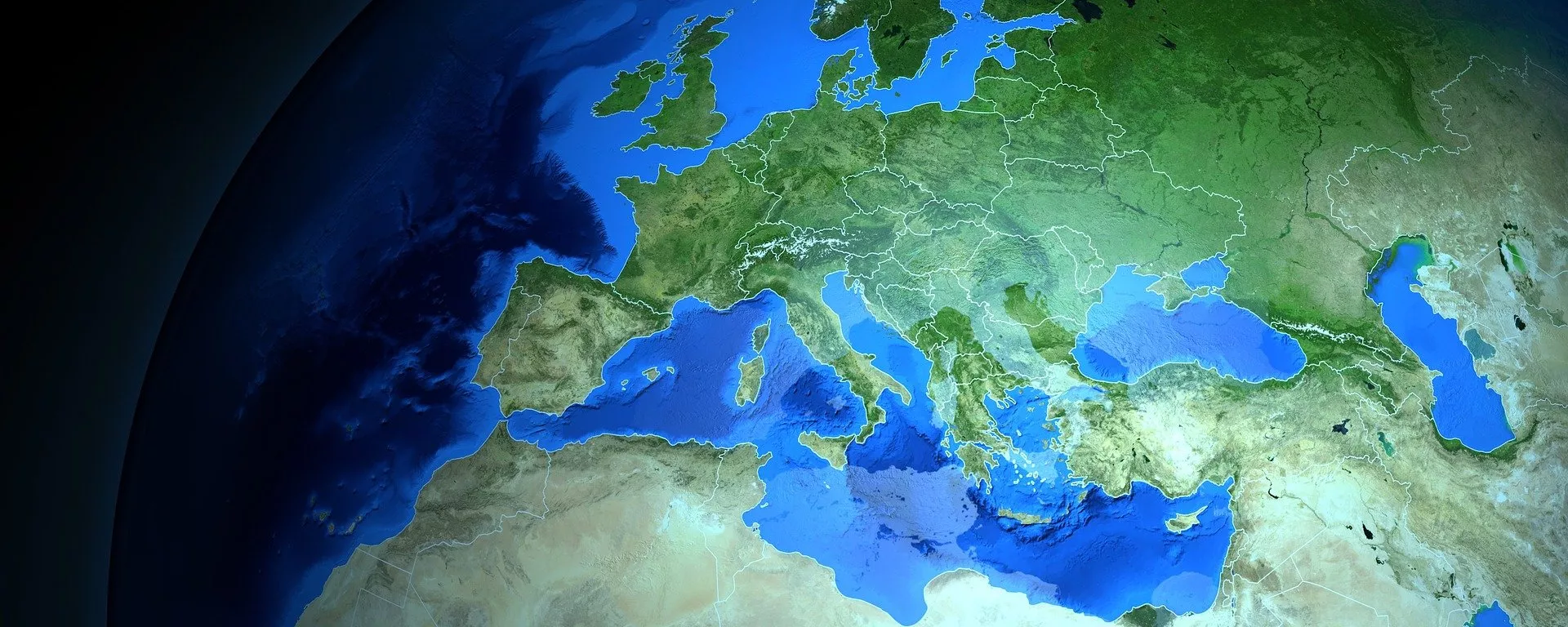
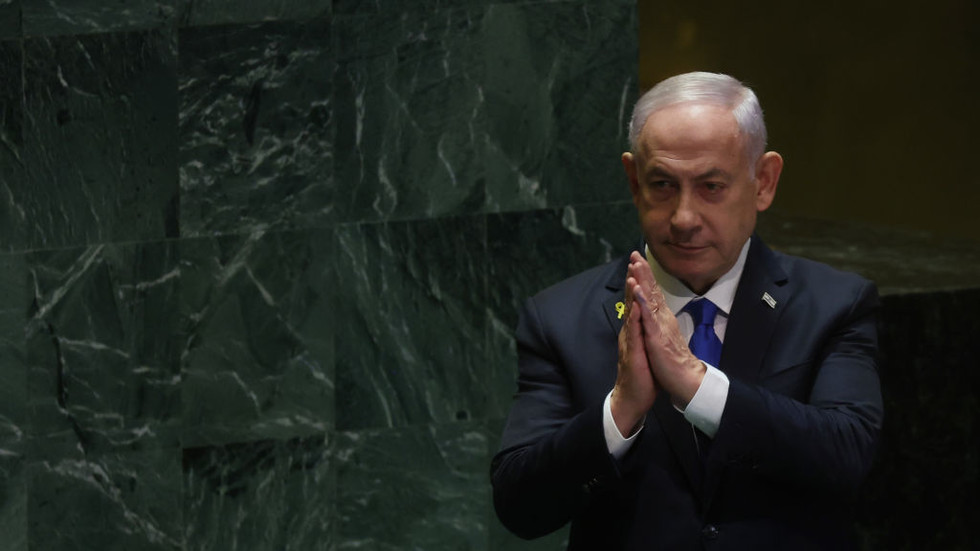
 We deliver critical software at unparalleled value and speed to help your business thrive
We deliver critical software at unparalleled value and speed to help your business thrive






 English (US) ·
English (US) ·